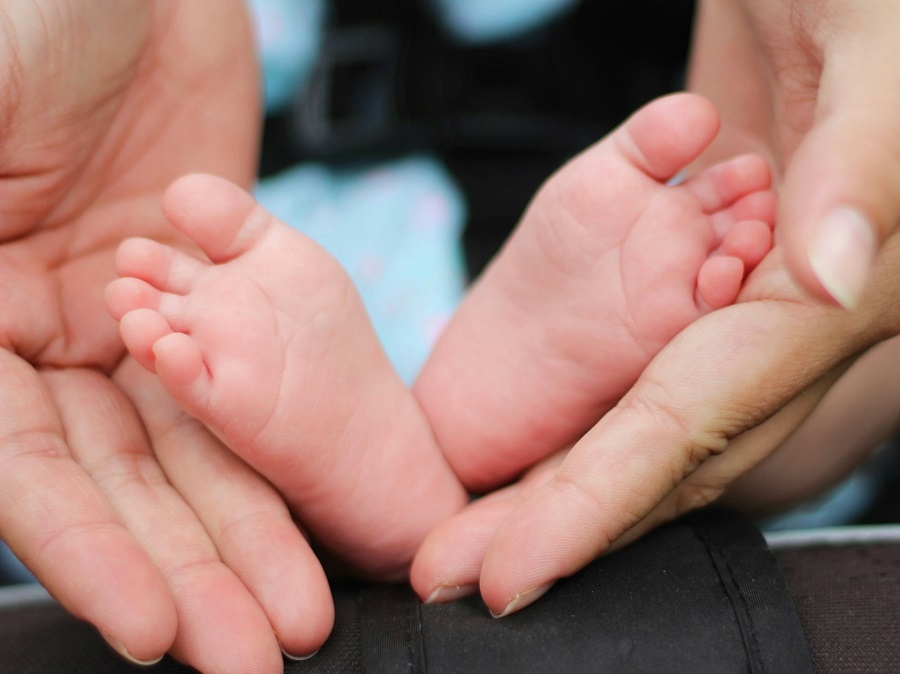Birth injury claims: your accountability guide

Giving birth should be one of the most joyous experiences of a parent’s life. Unfortunately, medical mistakes during pregnancy, labour, and delivery can result in devastating birth injuries to the baby or mother. If you or your child suffered a preventable injury due to negligent medical care, you may be entitled to compensation. Birth injury cases are highly complex, requiring in-depth medical and legal expertise. Consult an experienced birth injury solicitor to understand your rights and options for holding the negligent party accountable.

This article provides an overview of birth injury claims in the UK, including types of injuries, how to prove negligence, time limits for filing, and potential compensation amounts.
What counts as a birth injury under UK law?
A birth injury is legally defined as a preventable harm or trauma caused to a baby or mother during pregnancy, labour, delivery, or the immediate postnatal period. This includes injuries resulting from negligent actions or omissions by healthcare professionals, such as:
- Fatalities (stillbirth, neonatal death).
- Oxygen deprivation or birth asphyxia.
- Injuries to the mother (e.g. haemorrhaging, organ damage, infection).
- Physical injuries to the baby (e.g. brain damage, fractures, nerve damage).
How do you prove a birth injury claim?
Establishing a successful birth injury negligence case requires proving four key elements:
- Duty of care: Existence of a professional duty of care between the provider and mother/baby patient.
- Breach of duty: The provider’s care during pregnancy, delivery, or postpartum fell below accepted medical standards, breaching that duty.
- Causation: The negligent breach of duty proximately caused the birth injury at issue, which would not have occurred with proper care.
- Damages: The preventable birth injury resulted in real, compensable harm.
How do I start the claims process for a birth injury?
Starting a birth injury claim involves several key steps:
- Gather medical records and evidence: Obtain all relevant medical records, test results, witness accounts, and documentation related to the negligent care.
- Get an expert medical opinion: Have an independent medical expert review the records and provide an opinion on whether negligence occurred and caused the injury.
- Get in touch with a birth injury solicitor: Having an experienced birth injury claims solicitor guide you through this often-complex process is highly advisable to protect your rights and interests.
- Send a letter of claim: Your solicitor will notify the negligent party (hospital, doctor, etc.) of your intent to pursue a birth injury claim.
- Investigate and obtain evidence: Your solicitor will further investigate to build a strong case, potentially involving additional medical experts.
Can birth injury claims be resolved without formal court proceedings?
Yes, many claims settle through out-of-court negotiations once a solicitor is involved. However, court proceedings may be needed for complex or disputed higher-value cases.
How are birth injury compensation amounts calculated in the UK?
Birth injury compensation amounts in the UK are calculated based on several key factors:
- Severity of the injury: More severe, life-altering injuries like cerebral palsy or permanent disabilities receive higher compensation.
- Cost of care and treatment: Anticipated future costs of medical care, therapy, assistive equipment, home modifications, etc. For severe infant brain injuries, this can amount to millions over a lifetime.
- Loss of earnings: If the child cannot work due to disabilities, future lost income is compensated Accounts for the mother’s lost earnings as well, if applicable.
- Pain and suffering: Monetary value assigned to the degree of physical and emotional trauma.
- Other financial losses: Additional expenses like treatment travel costs, professional caregiver fees.
Are there time limits for pursuing birth injury claims?
Yes, strict statutory deadlines called the limitation period apply to UK birth injury claims:
- Claims for injuries to the baby: If bringing a claim for injuries to the baby, it must be filed before the child’s 21st This gives children until age 21 to have a case initiated on their behalf.
- Claims for injuries to the mother: For birth injuries sustained by the mother herself, there is a standard 3-year time limit from the date of the negligent incident causing injury.
Certain exceptions can extend this window:
- Cases involving fatalities like stillbirths or neonatal deaths: Typically 3 years from the date of death to initiate a claim
- If the child or mother lacked full mental capacity to claim: A 3-year limitation period begins when mental capacity is regained.
- If the injury was not immediately apparent and discovered later: 3 years from the date of knowledge that negligence may have occurred, with a longstop limit of 15 years from the date of the incident in most cases.
Navigating the complex legal landscape of birth injury claims without experienced solicitor representation is fraught with risks. These cases involve complicated issues of medicine and law, requiring specialized knowledge to handle properly.
A birth injury solicitor serves many critical roles:
- Working with qualified medical experts.
- Negotiating with defendant legal teams.
- Advocating for maximum compensation.
- Gathering persuasive evidence of liability.
- Identifying breaches of duty and causation.
- Accurately valuing the lifelong costs of injuries.
Can I make a no win no fee birth injury claim?
Most birth injury solicitors work on a No Win-No Fee basis, meaning you have nothing to lose and everything to gain by securing their representation.
Speak to birth injury claims specialists!
To discuss your claim and learn more about your legal options if you think medical negligence caused a birth injury that damaged your family, speak with a trained birth injury claims specialist. They can help you every step of the way and put in endless effort to get your family the money they are due.
Your birth injury claim FAQs answered:
How long do birth injury claims take?
Birth injury claims can take anywhere from months to years, depending on case complexity, severity of injuries, and if a trial is required. Your solicitor can give you a better estimate after reviewing the details of your particular situation.
Can I bring a claim against the NHS or a private hospital?
Yes, birth injury negligence claims can be brought regardless of whether the malpractice occurred at an NHS or private hospital, provided substandard care caused preventable harm. The process remains largely the same.
What is the Early Notification Scheme?
The Early Notification Scheme requires NHS trusts to report qualifying serious neonatal brain injuries to NHS Resolution promptly. This allows proactive investigation and earlier access to support and compensation for affected families. It applies to births from 1 April 2017.
How does the Healthcare Safety Investigation Branch (HSIB) affect birth injury claims?
The HSIB investigates certain serious adverse maternity events to identify systemic safety issues and provide learnings to prevent recurrence. However, HSIB investigations are independent of the legal claims process and do not determine negligence, liability, or compensation.
In summary, any negligence during the birth process that causes preventable harm could trigger liability, even a single act. Consult an experienced solicitor to assist you with the claims process.
KEY TAKEAWAYS
- Birth injuries are preventable harms to mother or baby during pregnancy, childbirth, or postnatal care due to medical negligence.
- Negligence constitutes a breach of the medical duty of care causing foreseeable harm, proven by establishing duty, breach, causation, and damages.
- Compensation factors include injury severity, care/treatment needs, pain and suffering, lost earnings, expenses, and lost quality of life.
- Birth injury claims must be brought by age 21 for baby injuries or within three years for maternal injuries, with limited exceptions.
- Having an experienced birth injury claims solicitor is crucial for building a strong case, proving liability, representing your interests, and maximizing recovery.
Do you need a solicitor?
Find a solicitor on Qredible in just a few easy steps
















